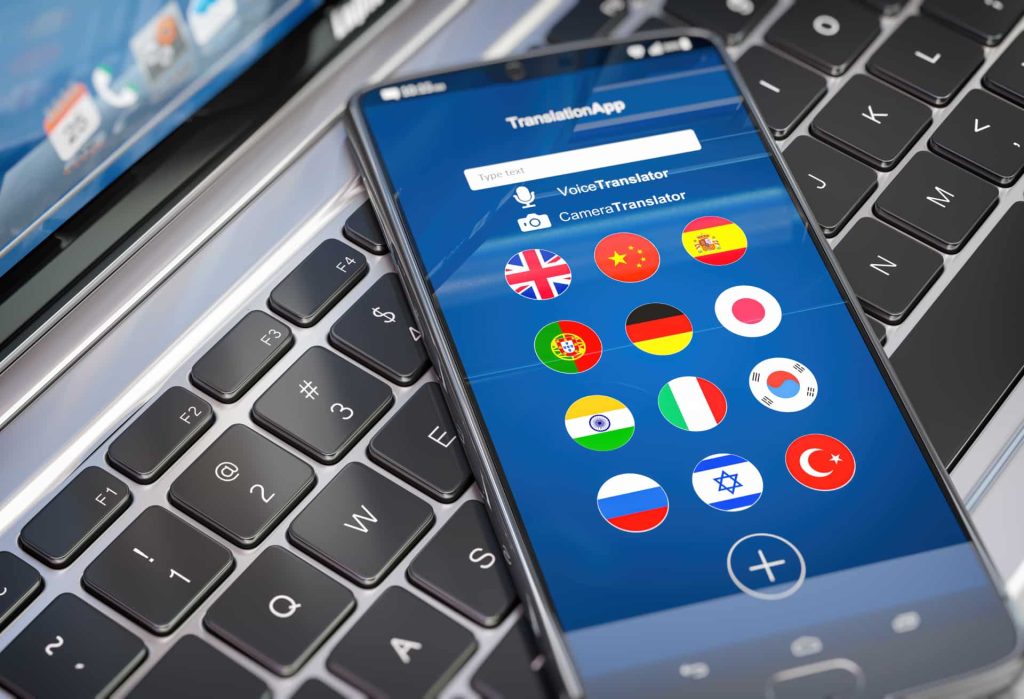
Language mishaps are a universal rite of passage for anyone who has ever ventured beyond the borders of their native tongue. These humorous, often embarrassing, blunders remind us of the delightful complexity and nuances of human communication.
I recall my own foray into this world of “newly-arrived in a city, has twenty-percent language skills” linguistic faux pas during my trip to Germany. In a crowded Biergarten in Cologne, I confidently ordered what was a traditional meal, having read about it several times online.
Yep, it definitely was a traditional meal, but maybe too much cultural immersion for an Indian girl who had just stepped foot into Germany. The dish was called mettbrötchen, but somewhere, my research failed me and it was basically raw meat on bread with other raw spices.
Not a moment I’ll end up forgetting anytime soon.
However, when I left the country after my two months’ stay, it was all of these memories that stayed with me. To all the people who are afraid of speaking their heart out in a new city in a new language, just go ahead and make the mistake.
Let me repeat: Go make the mistake!
Because that’s the only way to learn. To mess up and then correct yourself and then mess up again. Even seasoned, fluent speakers have their fair share of language mess-ups. In any case. I have combined a few of my memorable ones to give you a good laugh.
And…
Encourage you to speak a little more.

The Complexity of the German Language
German is notorious for its tongue-twisting compound words. It’s like they never heard of spaces! Take, for instance, the infamous “Donaudampfschifffahrtsgesellschaftskapitän,” which translates to “Danube steamship company captain.”
By the time you finish saying it, the ship has probably already docked!
Then there’s the gender minefield.
In German, a young lady (Fräulein) is neutral, an inanimate bridge (Brücke) is feminine, and a turnip (Rübe) is masculine. Go figure! You think you’re complimenting someone’s beautiful dress (Kleid, which is neutral), but if you get the gender wrong, you might as well be talking about their pet potato.
After all, it’s not every day you accidentally ask for “elephant juice” (Elefantensaft), like me, when you just wanted some apple juice (Apfelsaft). Ah, the joys of learning German!
Also read: 7 Best German Language Schools in Berlin

Literal Translation Gone Wrong
Diving headfirst into the German language, you quickly learn that literal translations can lead you down some pretty odd rabbit holes. German idioms, when translated word-for-word, can leave you scratching your head, wondering if you’ve accidentally stumbled into a surreal alternate universe.
Take the innocent-sounding “Ich verstehe nur Bahnhof,” which literally means “I only understand train station.” You might think someone’s got an unusual obsession with railways, but it’s actually a way of saying they don’t understand a thing.
Or how about “Da wird der Hund in der Pfanne verrückt,” literally “There the dog goes crazy in the pan.” No, it’s not a peculiar German cooking method, but a way to express disbelief at a crazy situation.
Then there’s “Tomaten auf den Augen haben,” translating to “having tomatoes on one’s eyes,” which has nothing to do with a bizarre culinary mishap. It simply means someone is not seeing what everyone else can see.
Understanding the context of these idiomatic expressions is key to not just navigating the language, but also appreciating the unique humor embedded within.
It’s a reminder that sometimes, getting lost in translation can lead to delightful detours and chuckle-worthy moments in the journey of learning German.

Signage and Public Notices
Navigating the streets of Germany can sometimes feel like a comedic treasure hunt, thanks to some bewildering signs and public notices.
For instance, encountering a sign that reads “Ausfahrt” every few kilometers on the Autobahn can leave tourists wondering why so many places share the same name, not realizing it simply means “exit.”
Then there’s the classic “Einfahrt Freihalten” sign, often misinterpreted as a warm welcome to a place called ‘Freihalten,’ when it’s actually a stern warning to “Keep the entrance clear.”
And let’s not forget the “Bitte nicht stören” signs in hotels, which can leave non-German speakers baffled about who this ‘Bitte‘ person is and why they shouldn’t be disturbed.
These amusing misinterpretations are a rite of passage for tourists and expats alike, leading to chuckles and red-faced moments.
You might be interested in this: Struggling with German? Here Is Our Awesome Guide to Mastering German Vocabulary

Learning From Mistakes
Mistakes in language learning aren’t just inevitable; they’re invaluable. Each blunder is a stepping stone towards fluency, and often, they’re the milestones we remember most. Miscommunications in German can lead to bouts of laughter and stories that stick with us far longer than any correctly conjugated verb.
They remind us that learning is a process filled with human moments, not just academic achievements. So next time you accidentally tell a German baker that you’re a tasty roll instead of asking for one, remember: you’re not just learning a language, you’re collecting memories and tales that will last a lifetime.




